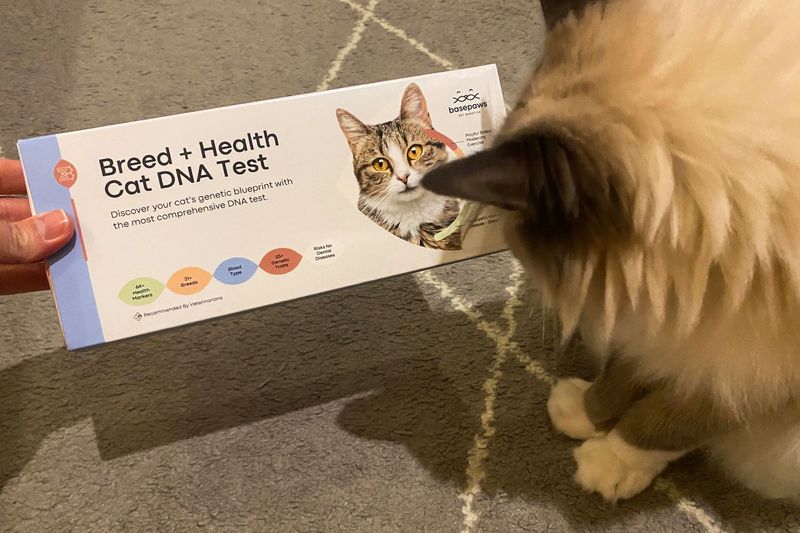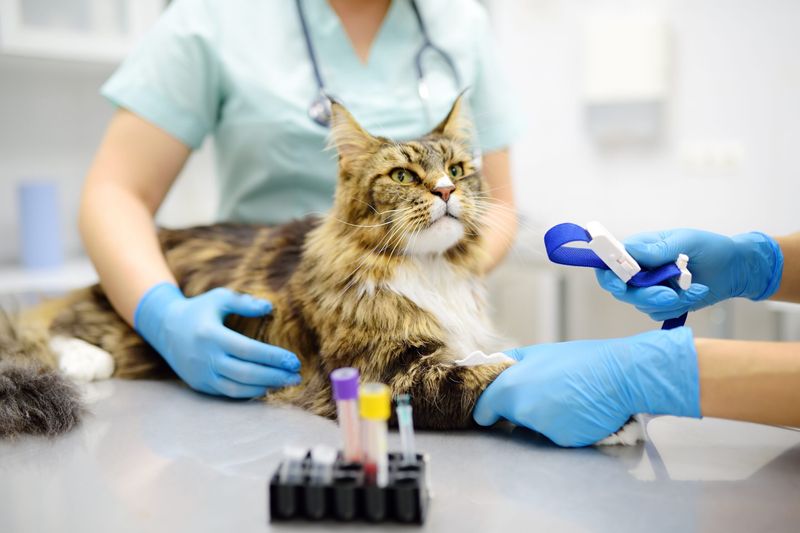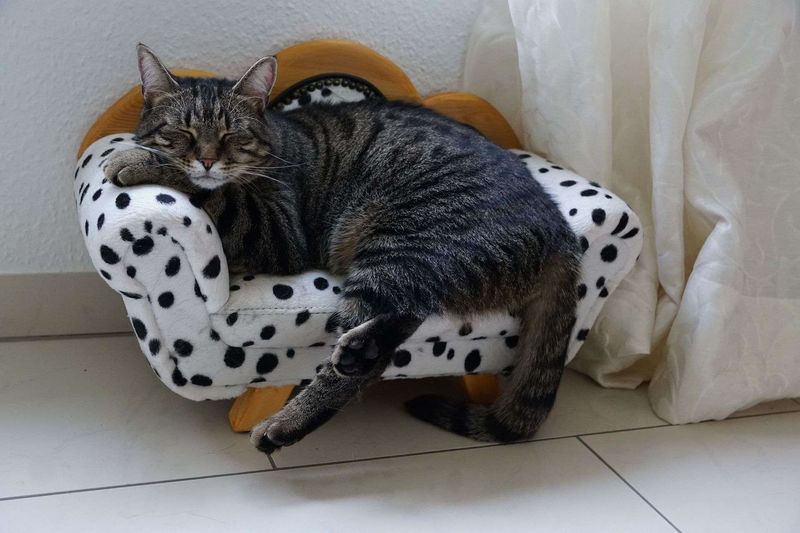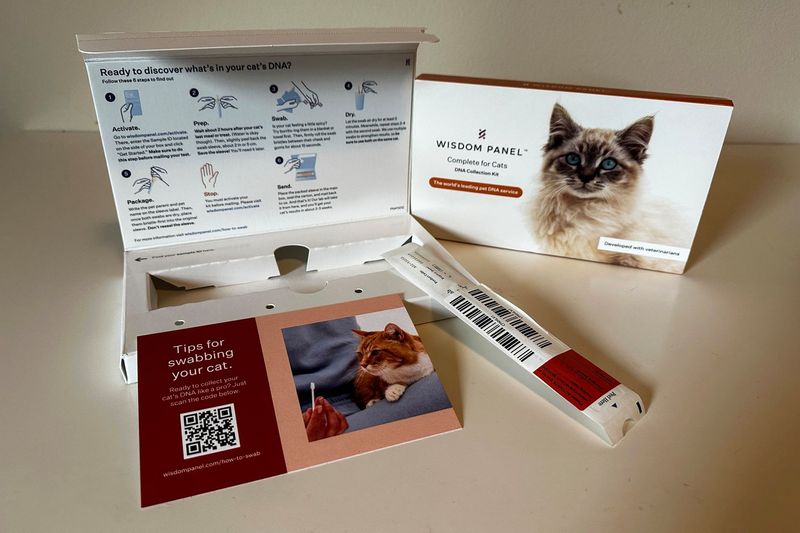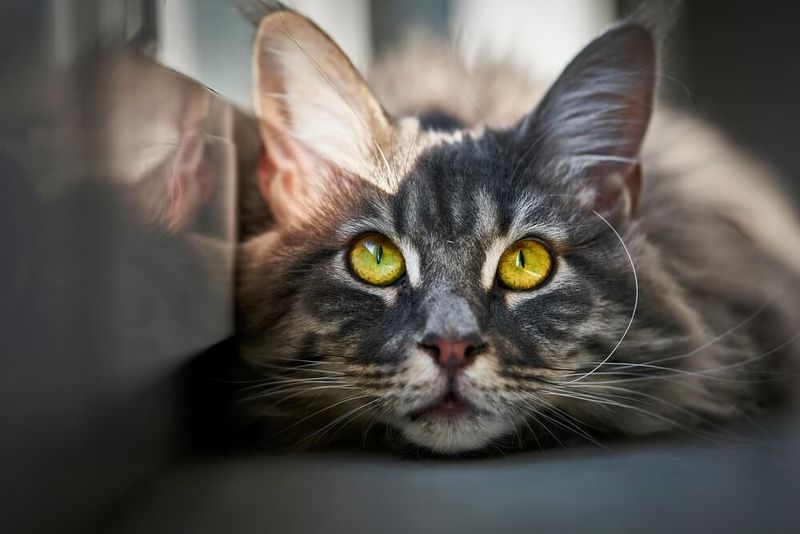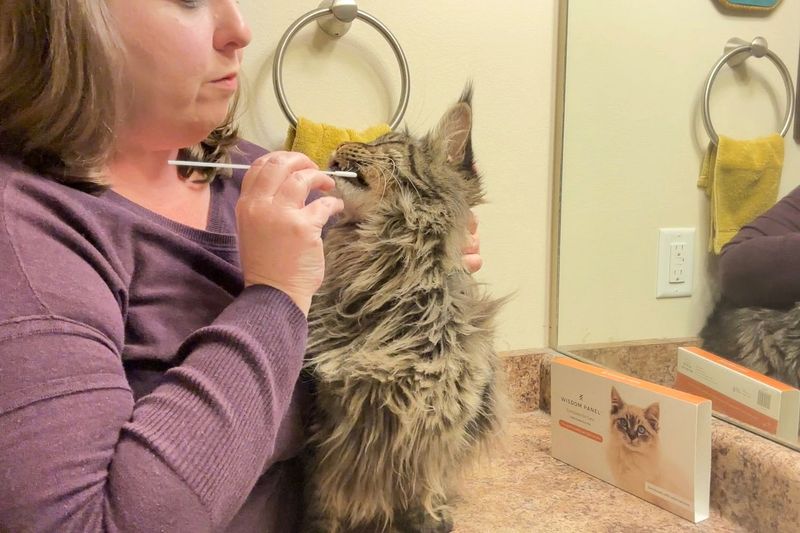📖 Table of Content:
Our feline companions are often mysterious, their origins as elusive as their 3 a.m. zoomies. While dogs have enjoyed the spotlight of DNA testing for years, cat lovers now have a chance to explore their pet’s genetics in detail. From uncovering hidden breeds to revealing future health risks, feline DNA tests are opening up a fascinating new world for pet parents who want to know more than what meets the whiskers.
Understanding your cat’s DNA can provide insight into not only their breed but also their personality, potential health issues, and genetic traits. This information isn’t just for curiosity—it can shape how you care for your cat and help you plan for a healthier, more enriched life together. Whether you’re trying to solve a health mystery or simply curious about your rescue’s roots, a genetic test can be surprisingly revealing.
Yet, with every innovation comes a set of trade-offs. Feline DNA tests aren’t perfect, and they aren’t cheap either. In this article, we’ll dig into five standout benefits that might make a test worth your while—and five honest drawbacks to weigh before you swab your cat’s cheek. Let’s dive into the science, perks, and pitfalls of decoding your kitty’s DNA.
1. Breed Identification
Uncovering your cat’s breed background can be incredibly satisfying and enlightening. Many cat owners adopt their pets from shelters, where breed information is often a mystery. Through DNA testing, you might discover your cat has traits from Maine Coons, Bengals, or even rare breeds like the Turkish Van. This knowledge can provide insight into expected behaviors, grooming needs, and potential size or lifespan. Knowing your cat’s breed mix may also help you connect with breed-specific communities and resources. It can transform how you perceive your cat—what once seemed random may start to make sense. Ultimately, breed identification enriches the bond between cat and owner through deeper understanding.
2. Health Risk Screening
Testing for hereditary diseases is one of the most practical uses of feline DNA testing. Companies often screen for over 30+ genetic conditions, including cardiomyopathy and kidney disorders. By identifying risk factors early, you can work with your veterinarian to implement preventive strategies. A customized care plan based on your cat’s genetics may include specialized diets, more frequent vet checkups, or lifestyle modifications. You can potentially save thousands in future medical bills by acting early. It also gives peace of mind—or at the very least, a sense of control over your pet’s health future. This insight can be invaluable for cats with vague or recurring symptoms.
3. Insight Into Ancestry
Delving into your cat’s ancestral tree adds a fun and sometimes surprising dimension to pet ownership. DNA tests often trace a cat’s genetic background across generations, offering a percentage breakdown of regional or breed ancestry. For example, you might find your tabby has Siberian or Egyptian Mau lineage. This information offers context for physical features or behaviors you may have noticed. In cases of purebred cats, DNA results can confirm lineage authenticity. Mixed breeds benefit too, as inbreeding red flags may emerge, helping guide responsible breeding or medical oversight. Whether serious or lighthearted, ancestry data is an engaging way to understand your cat’s heritage.
4. Allergy Sensitivity Indicators
Some advanced DNA tests go beyond breed and health to detect genes linked to food or environmental sensitivities. These markers can guide you toward the best diet and help prevent flare-ups, vomiting, or digestive discomfort. It’s especially helpful if your cat has had persistent but unexplained symptoms. Instead of expensive trial-and-error food experiments, you’ll have a science-based head start. This can improve your cat’s daily comfort and reduce stress for both of you. Though not all sensitivities can be pinpointed genetically, some test kits offer detailed suggestions for food types and ingredients to avoid. That kind of tailored insight is hard to beat.
5. Behavioral Trait Clues
A cat’s quirky personality often has genetic underpinnings, and DNA tests can sometimes explain them. Traits such as boldness, social tendencies, playfulness, or vocalization may have genetic roots that testing can reveal. This information can help align your cat’s needs with your lifestyle and expectations. For example, an active breed mix may benefit from puzzle toys and climbing spaces, while a calmer lineage might prefer cozy corners. It also improves training and bonding, especially in multi-cat households where behaviors may clash. Understanding why your cat behaves a certain way adds depth to your connection. It’s not just about behavior—it’s about honoring their nature.
6. Accuracy Can Vary
Despite the appeal, feline DNA testing is still a growing science with limitations in accuracy. Breed databases are much smaller for cats compared to dogs, meaning some breeds may not be recognized or fully analyzed. This can lead to results that are vague or even contradictory. For instance, your cat may be listed as “Western Breed Mix” without further detail. Some companies continually update results as databases improve, but this is not guaranteed. The smaller gene pool also affects health screening reliability, especially for rare diseases. If you expect precise results, be prepared for a bit of ambiguity.
7. Costly Investment
Spending between $80 and $200 on a cat DNA test might not be feasible for every pet parent. While the idea of unlocking your cat’s secrets is tempting, the price can be hard to justify—especially if you’re not concerned about health issues. Some people find the novelty wears off quickly after the initial results. Moreover, if you have multiple cats, the cost multiplies fast with limited bulk discounts. In emergencies or tight budgets, that money might be better spent on direct veterinary care. Consider what you hope to gain and whether it’s worth the expense. For some, it absolutely is—but for others, it’s a luxury.
8. No Substitute for Vet Diagnosis
Genetic testing is a valuable tool, but it’s not a stand-in for professional medical advice. The presence of a risk marker doesn’t mean your cat will develop the condition, and false positives or negatives are possible. Only a licensed veterinarian can interpret symptoms holistically and recommend the right diagnostic tests. Over-reliance on DNA tests may delay seeking real treatment. In fact, some conditions like allergies or infections require hands-on tests and lab work. A DNA report should always be shared with your vet—not used in isolation. Think of it as a supplement, not a replacement, to clinical care.
9. Emotional Impact
Learning that your beloved cat carries a gene linked to a terminal illness can be emotionally taxing. Even if the condition may never manifest, the knowledge can cast a shadow over your relationship. Owners might worry excessively or misinterpret normal behaviors as early signs of disease. The anxiety can lead to unnecessary tests or interventions. While some prefer to know everything in advance, others may struggle with this level of information. The emotional toll is something many DNA test companies don’t highlight. Prepare yourself for all possibilities before opening that report.
10. Privacy and Data Concerns
Genetic data, even for pets, is sensitive information that can be stored, sold, or used in studies. Not all companies are transparent about how your cat’s DNA data is handled. Some may use it for research or share it with third parties, especially if you consent without reading the fine print. If privacy is a concern for you, it’s critical to choose a company with strong ethical standards. Look for clear data retention policies and opt-out options. While your cat’s identity might not be stolen, your trust certainly could be. Always read the terms before you swab.

